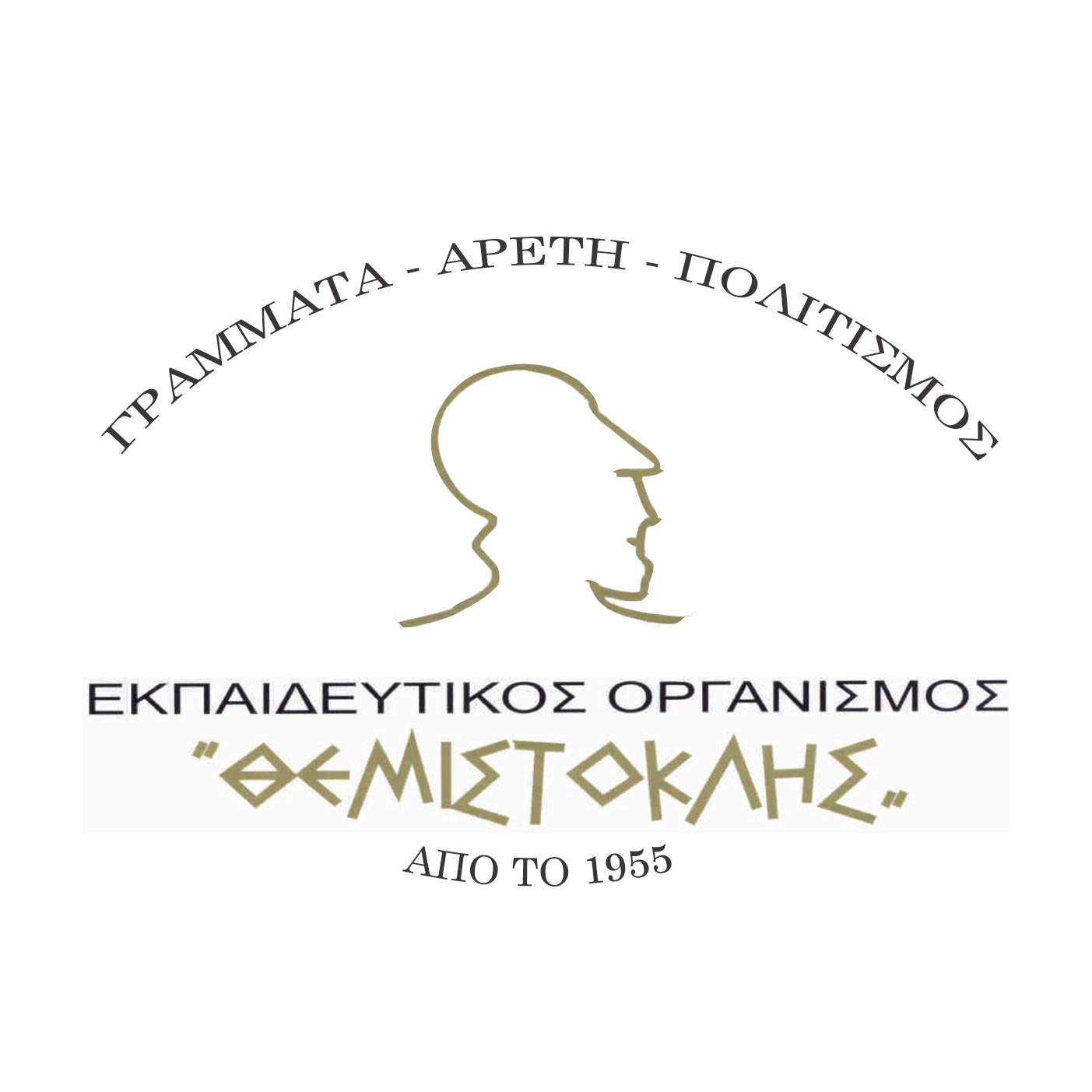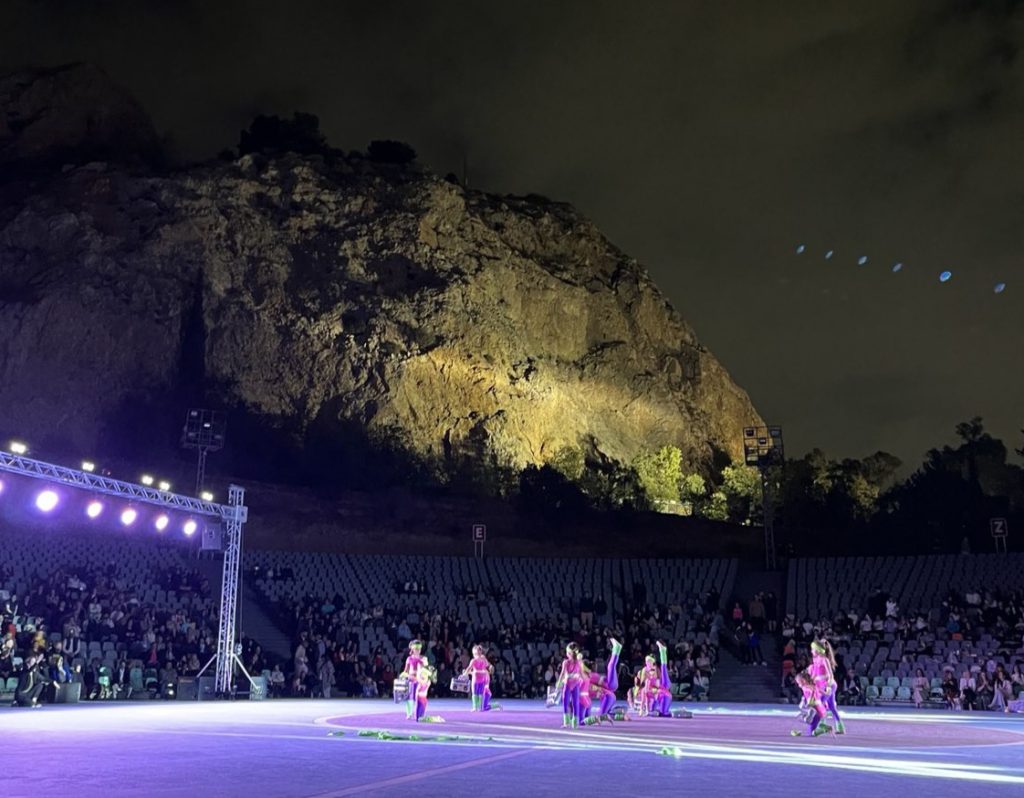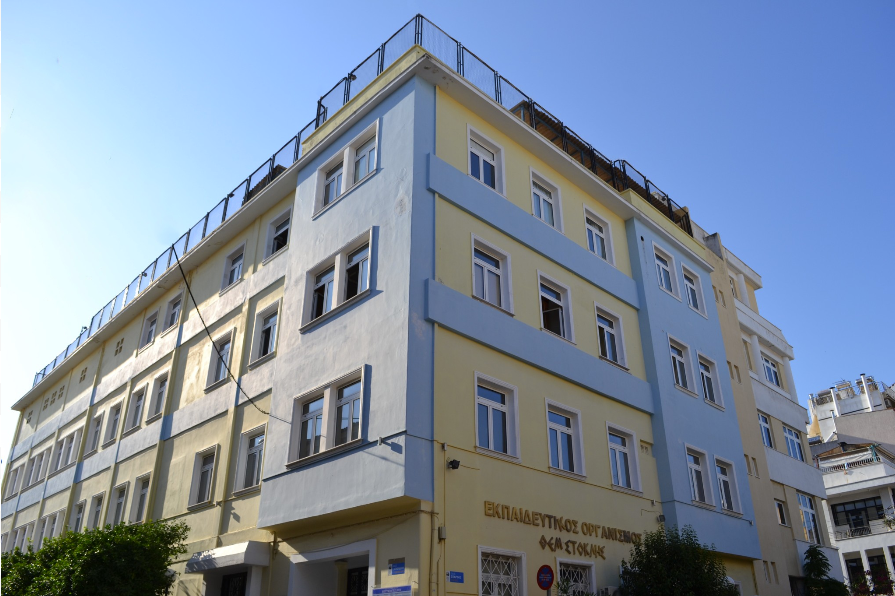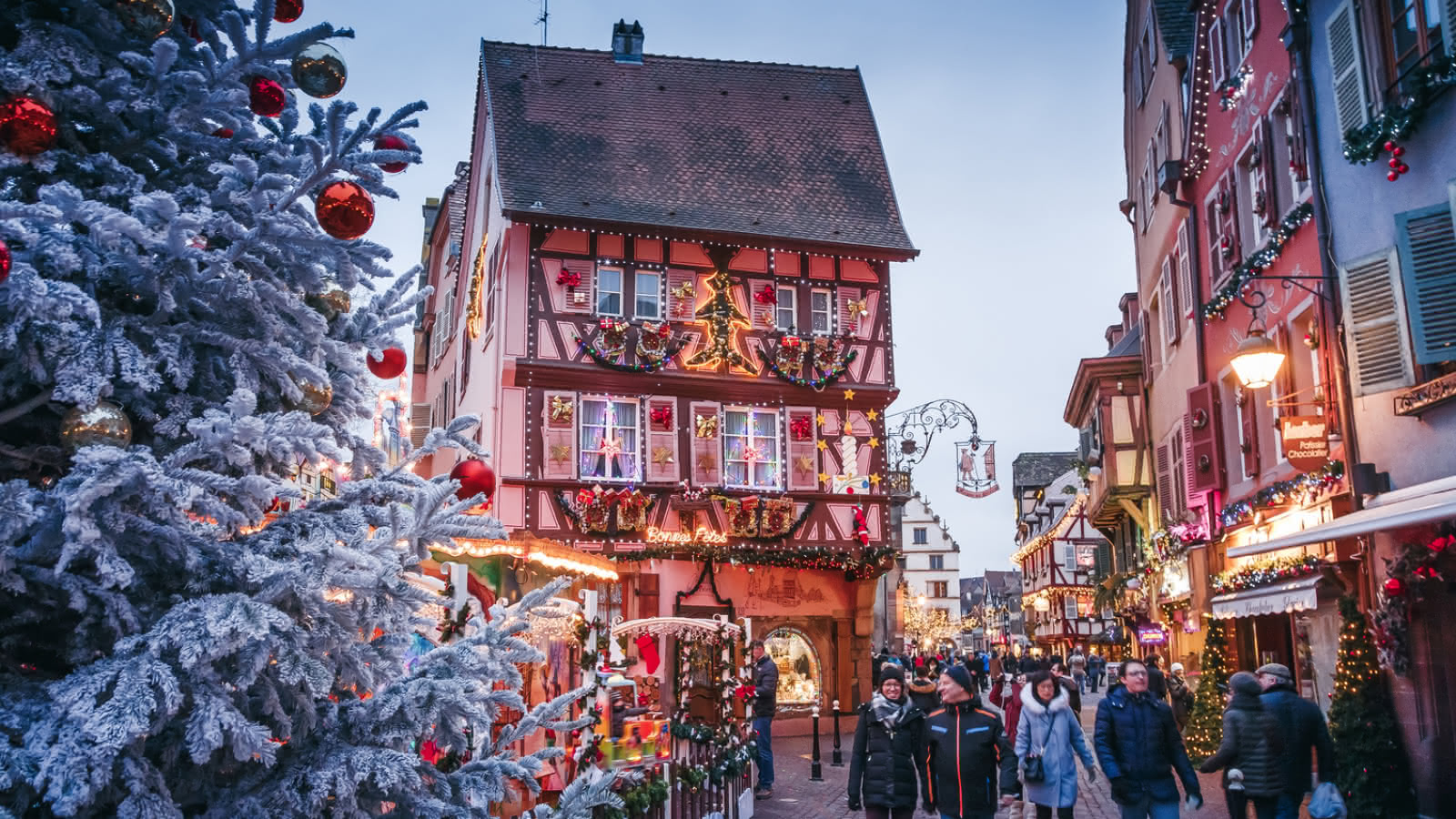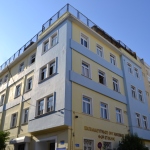Now Reading: “The Forgotten Europeans”
-
01
“The Forgotten Europeans”
“The Forgotten Europeans”
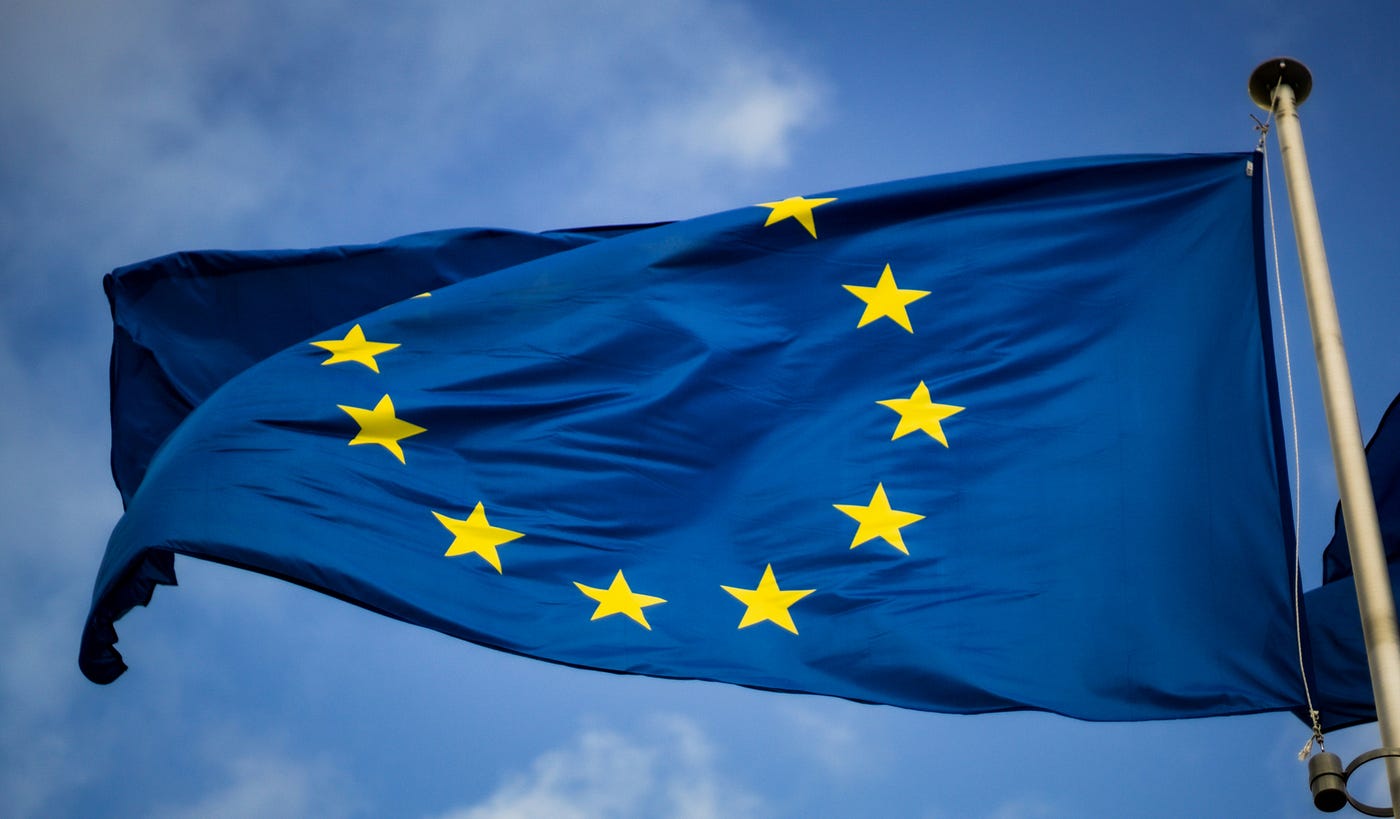
What can the Catalans and the Galicians have in common? A question you really can’t answer
because most of us Europeans don’t even know who they are! They both belong to the Iberian
Peninsula, have Latin roots and more specifically belong to the Occitan-Romance branch of
Romance and are a minority of people with a deep history who have been integrated into Spain
without being remembered in today’s world!
It is known that European states have declared numerous wars, that way countries with a
homogeneous national population must be few, because peoples move throughout history and
national borders also move from time to time dividing into two or three or even more pieces,
people with common national consciousness, religion and language. Thus, there are now
people who have never been able to gain their independence. So, some of them are the
Catalans and the Galicians. Where after a multi-year war they were integrated into Spain and
finally ended up in the dark years of the junta. Although both later took their title as “self-
governing territories,” no matter how hard they tried through rebellion, coup, and overthrow by
referendum, they failed to become independent countries.
On the one hand, Galicia got its name during the period of the Roman Empire (Gallæcia). It is
an area of the northwestern Iberian Peninsula where in 1800 BC, they arrived in the area from
Old Galicia-Portuguese. They speak an archaic variety of Portuguese, so Portuguese is its
closest relative. The territorial division of Spain in 1833 put an official end to the Kingdom of
Galicia, unifying Spain into a single centralized monarchy. Liberal general “Miguel Solís Cuetos”
led a separatist coup attempt in 1846 that failed. After the outbreak of the wars with Portugal
and Catalonia, the Junta changed course, this time due to the exhaustion of Galicia, which was
now not only involved in naval or overseas operations, but also in an all-out war with the
Portuguese, which caused thousands of victims and refugees with a negative impact on the
local economy and trade.
On the other hand, Catalonia or Cataluña, is a northeastern region of Spain with a rich history
dating back to the 10th century. Its capital is Barcelona. As an Autonomous Region, Catalonia
has its own government, the Generalitat de Catalunya, and speaks Catalan, a language distinct
from Spanish. Historically, Catalonia developed independently after the Roman Empire and
faced increasing centralization from Madrid. The late 19th century saw a cultural renaissance
and the rise of Catalan nationalism. During Franco’s dictatorship, the use of Catalan was
banned, but autonomy was restored after 1975. Despite regaining official status, Catalan faces
challenges of bilingualism and discrimination, leading to a controversial independence
referendum on October 1, 2017, which sparked a constitutional crisis in Spain.
So, although today the existence and cultural value of them, but also of many other minorities
around the world, is not even recognized, they will not stop trying for an independent and
autonomous state. As the story for them is not over yet…
